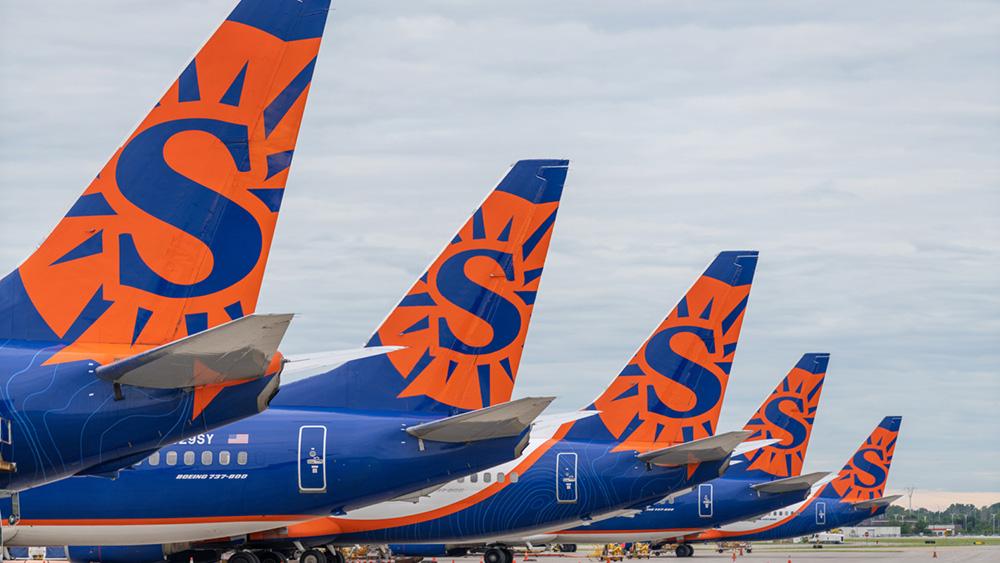
Sun Country Airlines plans to add 16 used Boeing 737-800s over the next two years to support an aggressive growth strategy that focuses largely on developing its hometown Minneapolis, Minnesota market.
"At the end of 2017 we had 22 airplanes, so that's a rough tripling in about six years," CEO Jude Bricker said during a recent Cowen & Co. virtual investor event. "That's about as fast as one can grow an airline—20% a year, so that's what we're planning.”
The airline operates a fleet of 46 aircraft, including 12 737-800 freighters dedicated to Amazon e-commerce operations. The remainder consists of 33 737-800s and one 737-700 that serves the company’s passenger and charter work.
Bricker said the global downturn gives his airline flexibility to be aggressive with its aircraft-acquisition strategy, waiting out good deals on assets their owners are not using.
“We're being really, really aggressive in the transaction market right now,” he said. “There are a lot of lessors that own airplanes that are grounded. They’re not ready to accept what we think is the value of their airplanes. They’d rather park them then sell them to me. That's fine. We’re getting the airplanes we need.”
Bricker envisions most of the additions going towards growth, though Sun Country may retire its lone 737-700 instead of spend money on the next heavy maintenance check.
The remaining lift will support its charter business, which is rebounding now that events like professional and college football games in front of fans and trips to casinos and resorts are returning. Most of the growth will be on the scheduled side, focusing in getting Minnesotans out to sunny destinations during the winter, and getting their relatives and friends into town during the summer.
"Airlines cut back really dramatically in this market in particular and more so than their system overall," Bricker said. "I think we can hold on to that market share through the recovery….That means connecting Minnesota to basically every market in the U.S. that can support at least twice weekly service" in peak periods, notably the summer.





